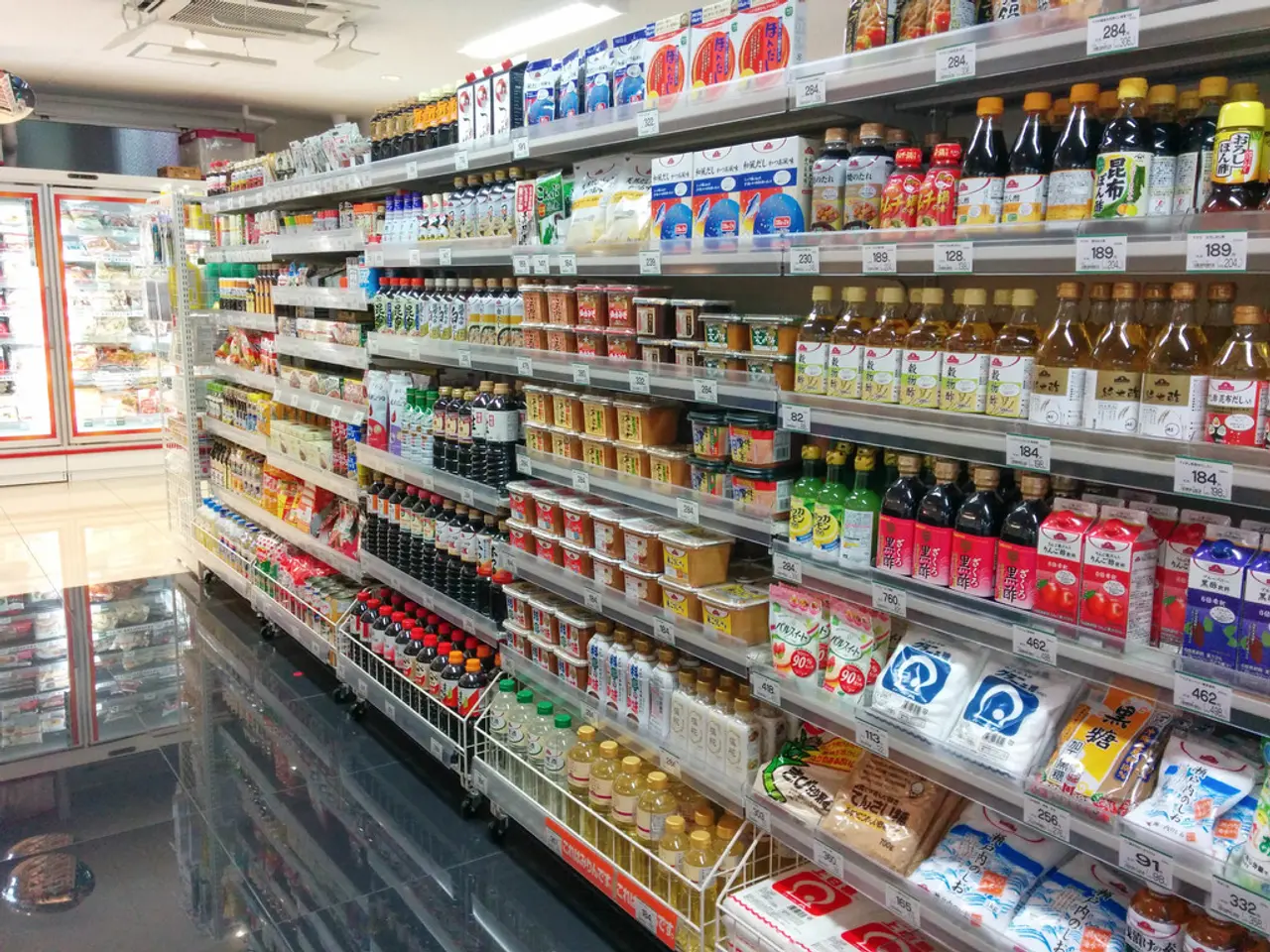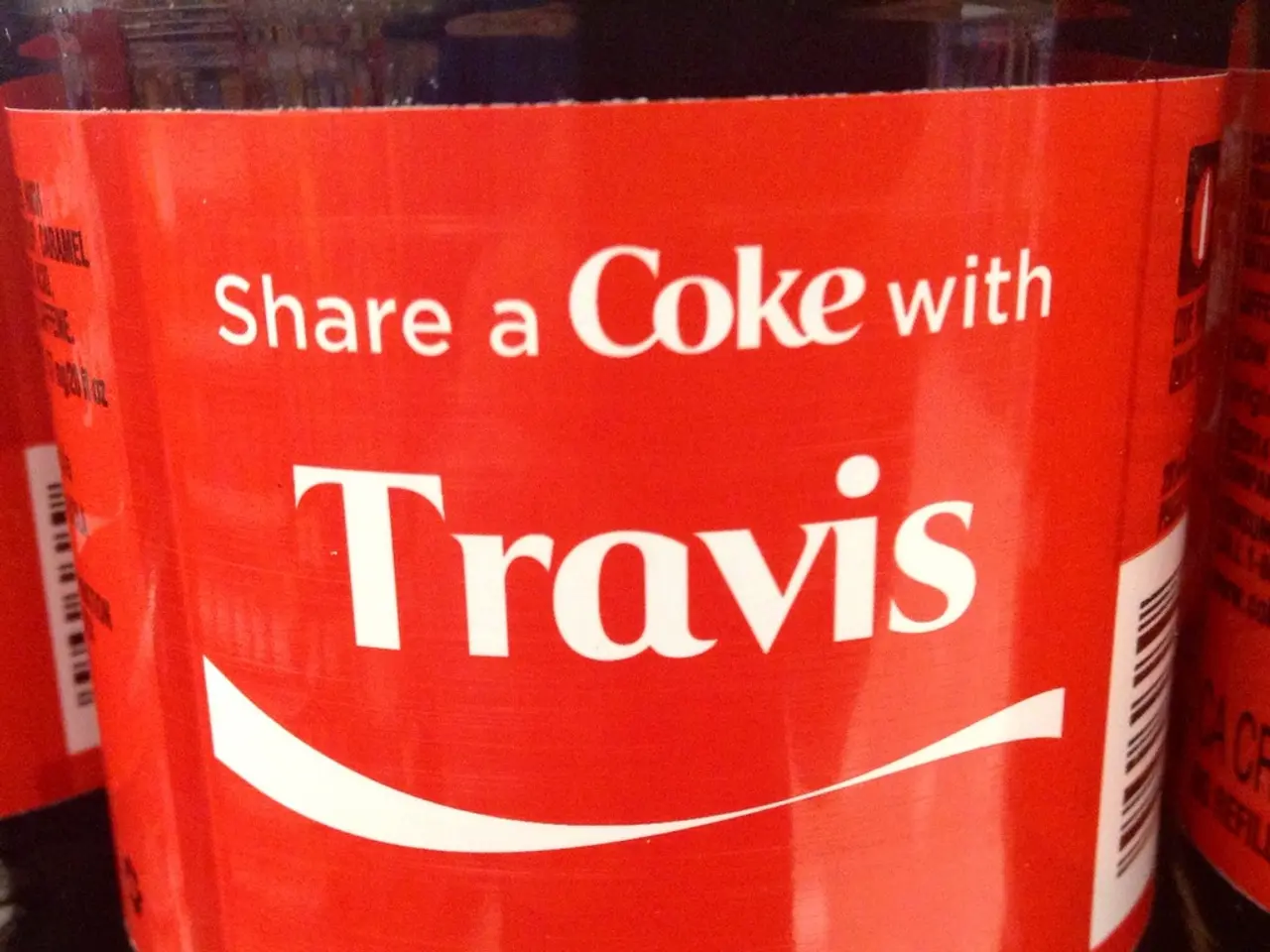Retail sales in the United States surged beyond predictions in June
In a moment of relief for the retail sector, US retail sales increased by 0.6% in June, surpassing expectations of only 0.1% growth[1]. This marked the first monthly increase since March, signaling that consumer spending was stronger than anticipated amid ongoing economic uncertainty.
The 0.6% increase was notable especially following declines in May and April, suggesting some resilience in the retail sector[5]. However, the retail sales figures were not adjusted for price changes, meaning that some of the spending growth could reflect higher prices rather than increased consumer demand[2].
Some key measures like core retail sales (which exclude volatile sectors like auto sales) showed stagnation, indicating that underlying consumer activity may not have been as robust[4]. The rise in sales at restaurants and bars, often the first to fall when consumer wallets tighten, contrasted with the potential impact of rising prices on consumer demand[3].
The June inflation report showed significant price increases in categories like furnishings, appliances, toys, and sporting goods, which are tariff-exposed[6]. This follows a 0.9% drop in May[7]. The increase in sales at restaurants and bars, as well as the increase in sales at auto dealerships specifically (which rose by 1.2%), was seen as a sign of improved discretionary spending[1].
Elsewhere, Union Pacific has hired bankers for a possible railroad bid[8]. Gemcorp Capital aims to raise $1 billion for an Africa fund[9]. Amazon has launched an AI agent-building platform for businesses to boost productivity[10]. Sen. John Fetterman no longer uses social media personally[11]. Trump's rationale for possible Powell firing is dividing Republicans[12]. Republicans are threatening to keep Congress in session to confirm Trump's diplomats[13]. Trump has threatened tariffs on pharmaceuticals and chips[14]. Thom Tillis is prepared to tangle with the 'disrespectful'[15].
These developments underscore the dynamic and complex nature of the current economic landscape, where retail sales rebound amid inflation concerns, while other sectors continue to grapple with challenges. As we move forward, it will be interesting to see how these trends unfold and how consumers and businesses adapt to the changing economic landscape.
The increase in sales at restaurants and bars, seen as a sign of improved discretionary spending, indicates a resilience in certain business sectors within the retail industry. The launch of Amazon's AI agent-building platform for businesses highlights the ongoing efforts to boost productivity in the finance and business sectors.




